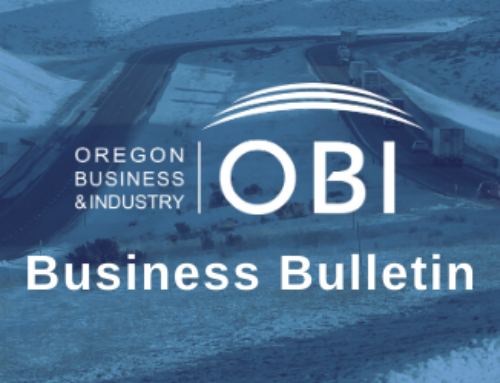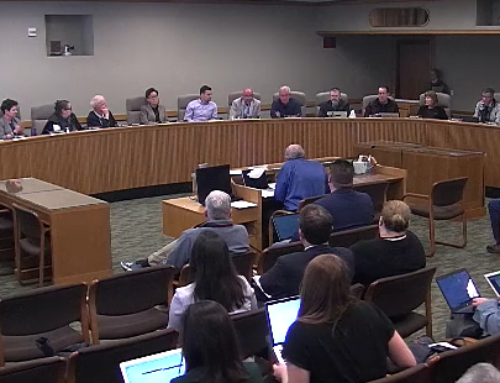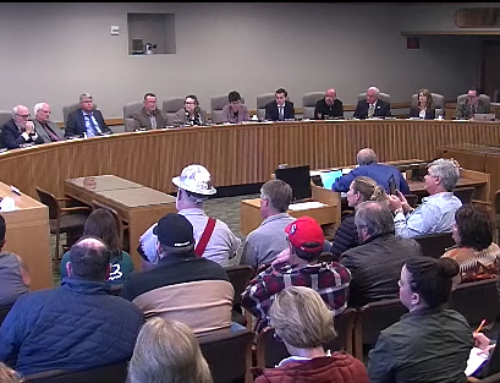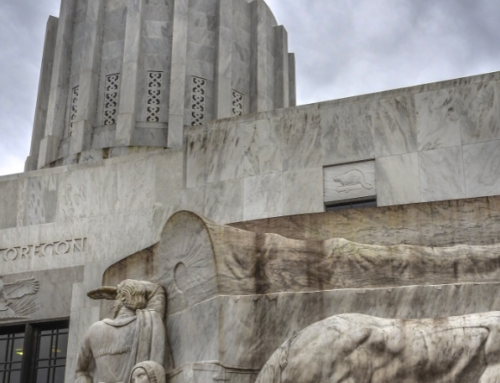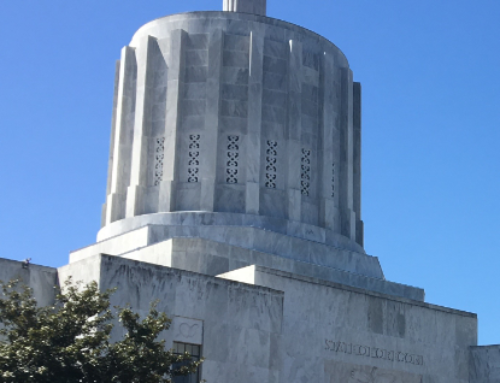Important ballot measures and an update on Cleaner Air Oregon
- Ballot Measure 103 would prohibit state and local taxes on groceries. If approved the measure would permanently prevent taxes on groceries without specific voter approval. An informational webinar will be on August 10th. If you are interested in learning more about the measure, please register by clicking on the link or copying it to your browser.
Informational Webinar on Measure 103 by Yes! Keep Our Groceries Tax Free! Fri, Aug 10, 2018 12:30 PM – 1:30 PM PDT
Joe Gilliam, President of the Northwest Grocers Association invites you to join him for a brief presentation and Q & A about Measure 103, “Yes! Keep Our Groceries Tax Free.” He will cover the history of events that led to initiating this ballot measure, explain the ballot language, and share other insights. You will be able to submit questions. Please pre-register for Measure 103 – Yes! Keep Our Groceries Tax Free! Informational Webinar on Aug 10, 2018 12:30 PM PDT at: https://attendee.gotowebinar.com/register/2109137472803933699. You will receive confirmation of your registration.
- Ballot Measure 104 would require a 3/5 legislative super majority vote for any legislation that raises revenue, including fees, elimination of tax exemptions (for example SB1528), deductions or credits. I’ve attached information on Measure 104 (Yes on 104 Tourism Industry). The document not only discusses the impact to the tourism industry (which is an $11.8B industry with over 112,000 employees in Oregon), it identifies other areas such as food, coffee, soda and beer that could be taxed. You may recall that SB1528 was a $1B tax increase on a simple-majority vote eliminating the 20% pass through deduction for small businesses. Measure 104 would eliminate the possibility of an increase such as that happening again without a super majority vote.
- Cleaner Air Oregon was enacted in 2018 by the legislature (SB1541). The Rules Advisory Committee has provided information (see attached) for business on how the new law will affect them. In short, businesses that have emissions (up to 600 air toxics) must report; they must assess health risks from their toxics emissions to people living, working or attending school nearby, compare them to health protective risk levels for more than 250 chemicals, and assess risks from actual emissions. If you believe the ruling will negatively impact your business, please send comments to https://www.oregon.gov/deq/Regulations/rulemaking/Pages/ccleanerair2017.aspx by August 6th. Here are three areas of concern that you might wish to include in your comments:
- Community engagement: The proposed rules require public meetings (at a SIGNIFICANT cost to the business) at risk thresholds that are less than the risk thresholds established by the legislature in SB 1541. These meetings should not be required unless the SB 1541 risk thresholds are exceeded.
-
- Small business impacts: Air toxics permit requirements should be reserved for facilities that exceed the thresholds set by SB 1541. That would be consistent with the legislation and would save smaller businesses the expense of obtaining a new permit (which would run thousands of dollars in fees to DEQ under the proposed rules and likely require use of a consultant to comply. You can view the proposed fee schedule on page 86: https://www.oregon.gov/deq/Rulemaking%20Docs/cao-pn2-OtherDiv.pdf)
- Locations where impacts are assessed: DEQ’s proposed rules require businesses to assess ambient impacts in places other than where people actually live. This requirement is overly broad and inconsistent with SB 1541.
We care about you and your business. Please don’t hesitate to contact us should you have any questions or need additional information at president@mcminnville.org or 503-472-6196.

